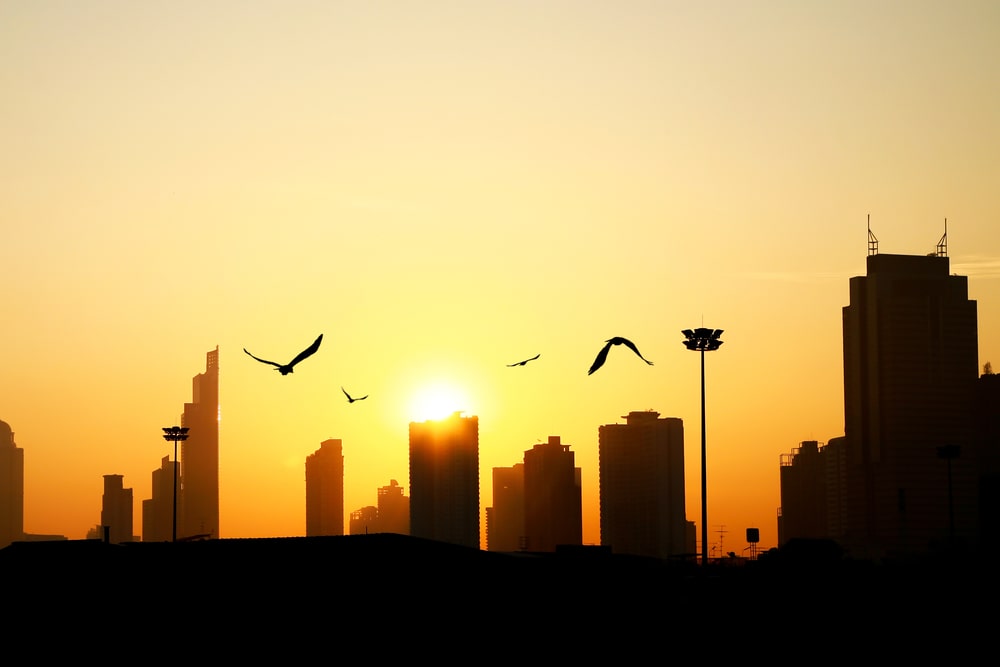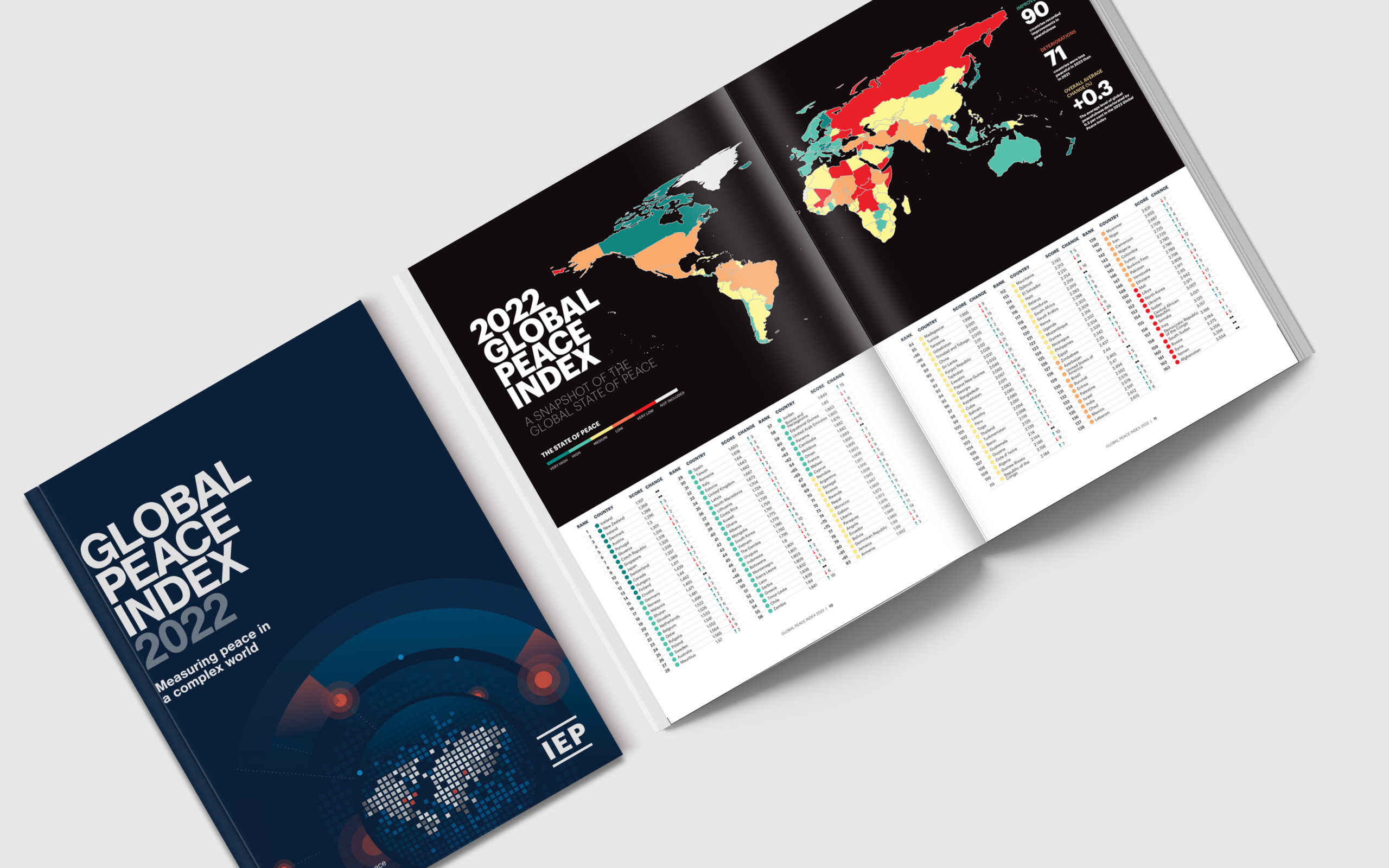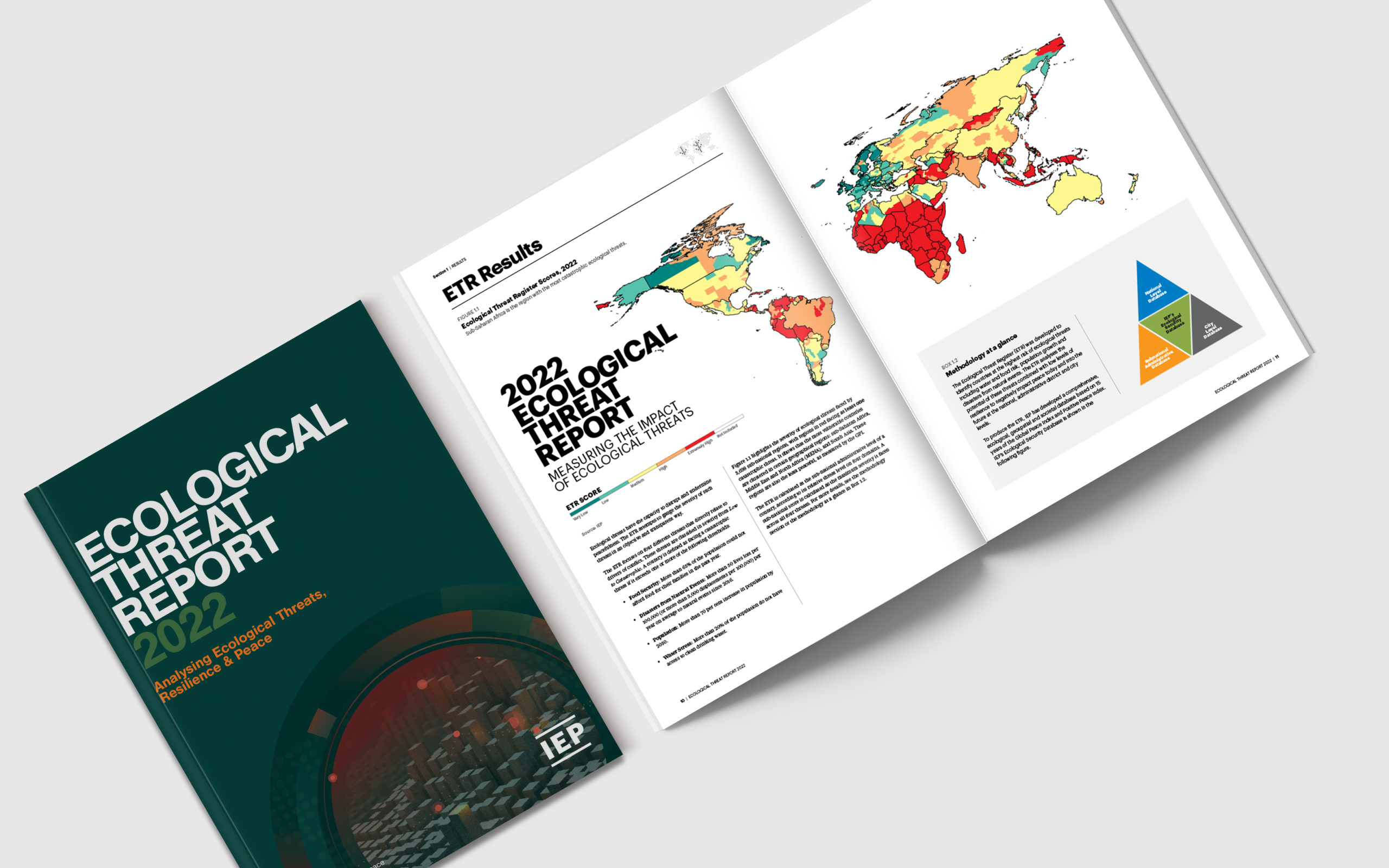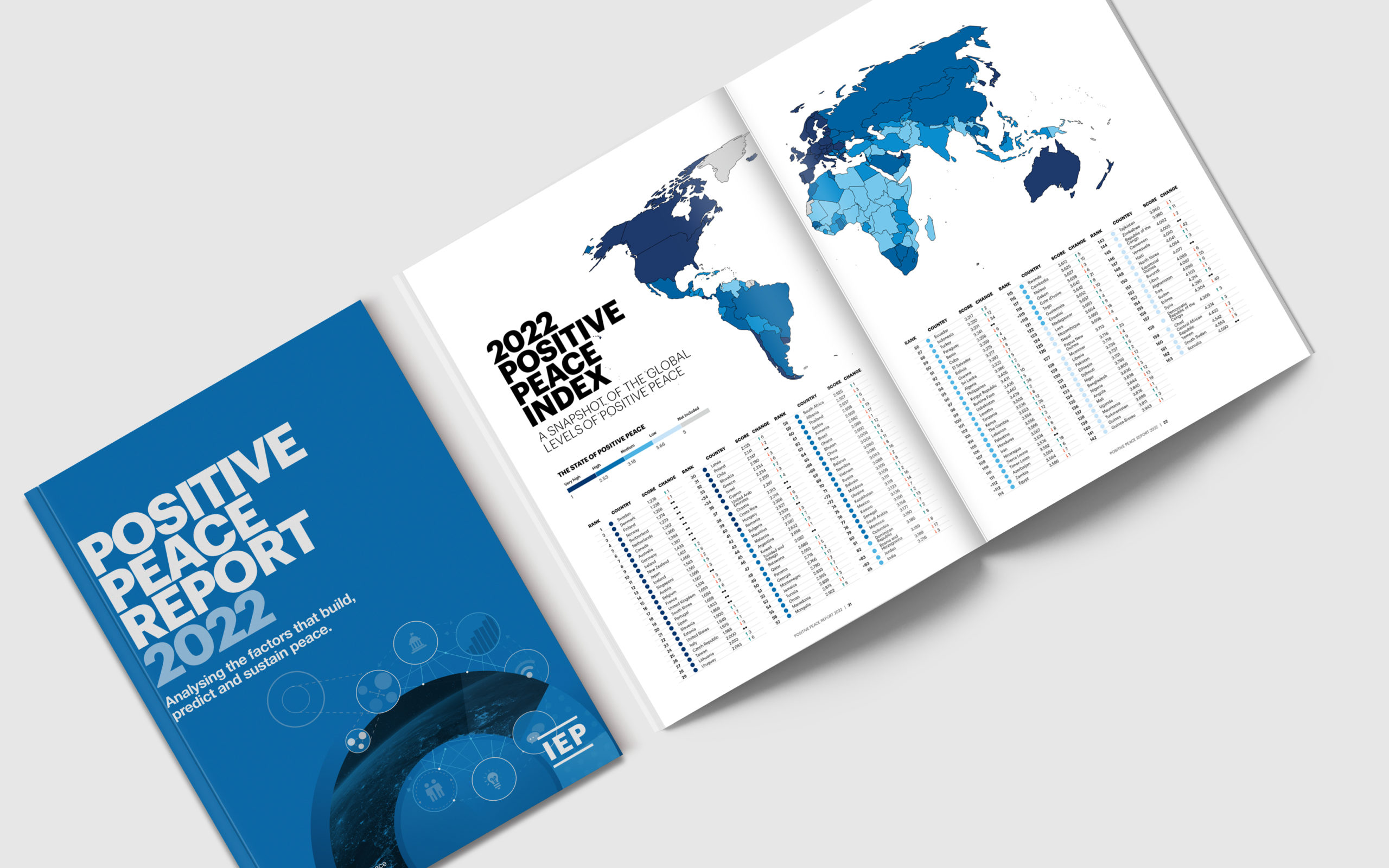While 2022 allowed us to move forward in many ways from the serious impact of COVID-19, the global landscape faced challenges both expected and unexpected. As the world returned to pre-pandemic patterns, with much international travel resuming and restrictions disappearing, the looming threat of COVID-19 continued to affect how we engaged with the world around us.
Global events in 2022 showed that humanity will continue to follow the same patterns we have seen throughout history. Most notable in this domain was Russia’s invasion and ensuing war with Ukraine, which at the time of writing had cost the lives of over 40,000 people and displaced a further 12 million, thus triggering the largest humanitarian crisis Europe has experienced in decades. The flow on effects of this war have seen supply chains disrupted around the globe, contributing to inflationary increases and a cost of living crisis worldwide.
Another contributor to these supply chain issues has been mounting tensions between the US and China. While the relationship between these countries has been historically tumultuous, 2022 saw these two global giants continue to engage in political sparring matches. Despite this, December provided hope for reduced tensions in 2023, as President Biden and President Xi met for the first time in-person at the G20 summit.
Global economies continued to recover from the shocks of recent years, with politicians and economists scrambling to catch up with the rising prices of goods and public dissatisfaction. The IMF has predicted that inflation levels will decline to 6.5% in 2023, but this is little comfort to those who have had to sacrifice necessities such as heating in winter in order to make ends meet.

IEP saw 2022’s global progress firsthand through increased interest and demand for research and education on peacefulness, particularly Positive Peace. We continue to strive towards a paradigm shift in the way the world thinks about peace, through building stronger and more resilient societies. Through IEP’s Peace Academy, Ambassador program and workshops run by our staff across the globe, over 55,000 people learned about Positive Peace in 2022.
Our partnerships have grown and strengthened as we signed our third MOU with Rotary International, and welcomed new partners such as the Philippines government and Project Rozana. While global levels of peacefulness continued to decline, this increased appetite for peace education was an encouraging indication of a desire for change across the world.
IEP looks forward to continuing to promote positive change in the new year by supporting individuals, societies and governments towards Positive Peace.

Looking back on 2022’s key events, it is not surprising that global levels of peacefulness continued to decline for the eleventh year in a row. Analysing the peacefulness of 163 countries, IEP’s 2022 Global Peace Index (GPI) reflected the precarious resilience of a world recovering from one of the largest shocks in recent times.
Iceland has remained the most peaceful country in the world closely followed by New Zealand, Ireland, Denmark and Austria. Afghanistan similarly remains the least peaceful country, with the largest deterioration in peacefulness seen in Russia, Ukraine, Guinea and Burkina Faso.
Of the 23 GPI indicators, 10 recorded improvements and 13 recorded deteriorations. On a more hopeful note, 90 countries across the globe recorded an improvement in peacefulness over the past year, and only 70 recorded deterioration in their scores.
While these figures are encouraging, the gap between the most and least peaceful countries continues to grow. Furthermore, the economic impact of violence has continued to rise and was $16.5 trillion for 2021, an increase of 12.4% from the year prior.

This year marked the ninth edition of the Global Terrorism Index (GTI), providing insights on the latest trends in global terrorist activity.
The GTI showed that terrorist attacks have increased by 17% in the last year, largely spurred by increasing conflict in the Sahel region and instability in Afghanistan. Despite this, death from terrorism fell by 1.1%, continuing a six year decline since its peak in 2015.
The Sahel has continued to become more violent, exacerbated by complex structural factors such as poor governance, lack of water and food, and strong population growth; continuing the vicious cycle of conflict we have seen develop over the past 15 years.

In the third edition of the Ecological Threat Report (ETR), 27 hotspot countries were identified as at serious risk due to both facing catastrophic ecological threats and having the lowest levels of societal resilience to recover from these threats. Of these 27 countries, two-thirds are in sub-Saharan Africa.
The key finding from 2022’s ETR was that without concerted international action current levels of ecological degradation will substantially worsen, leading to increased malnutrition, forced migration and illness. Current conflicts are likely to escalate and multiply as a result, creating further global insecurity. Despite the need for coordinated action this may prove difficult, with global levels of concern surrounding climate change decreasing particularly in countries contributing to increases in emissions.

This year’s Positive Peace Report (PPR) further evidenced the need for Positive Peace in societies across the world. Understood as the optimum environment for human potential to flourish, the PPR measures levels of peacefulness, resilience and sustainability.
Over the past year, more countries improved in Positive Peace than declined, continuing the upward trend of the past decade. Seven of the eight pillars of Positive Peace improved over this decade, with only Low Levels of Corruption deteriorating, reflecting either an increase in corruption globally or an increased awareness of it. The only region to record a deterioration in their level of Positive Peace was North America, although the Middle East and North African regions improved only marginally.
While 2022 was a tumultuous year in many ways, there was also significant growth and progress and we hope to see this continue into 2023. At IEP we are currently collating our first report of 2023. Our annual Global Terrorism Index is due to launch on 15th March, and provides data-driven insights into global trends and patterns in terrorism.
We look forward to connecting with you throughout this year, as we journey together to promote Positive Peace.